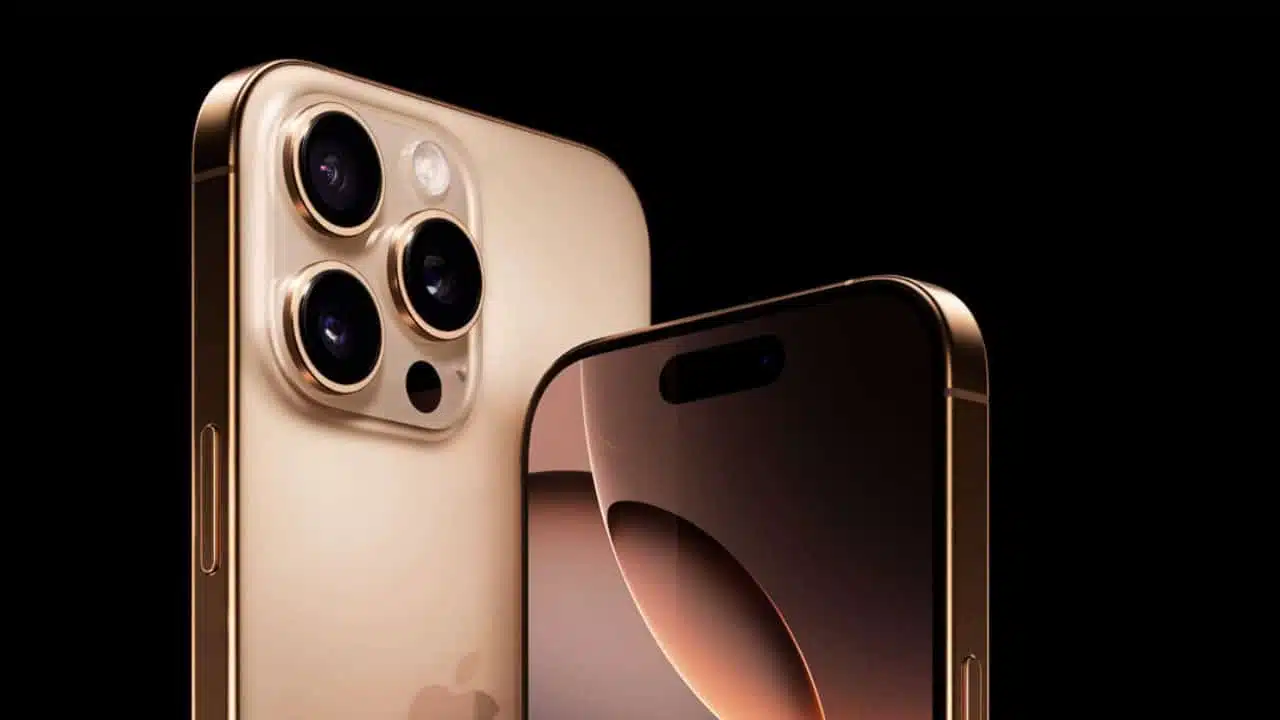Indonesia has announced a temporary ban on the sale of Apple’s latest iPhone 16, citing the tech giant’s failure to meet local investment commitments.
The Southeast Asian nation, home to a growing number of tech-savvy consumers, has enforced the ban due to Apple’s inability to comply with the country’s strict local content requirements, leaving eager customers frustrated.
Apple’s Unmet Investment Commitments
The Indonesian government, through Minister of Industry Agus Gumiwang Kartasasmita, revealed that Apple has not fulfilled its total investment commitment in the country. The company had promised to invest 1.71 trillion rupiah (around US$110 million), but so far, it has only invested 1.48 trillion rupiah (US$95 million).
This shortfall is the reason the government has withheld the necessary license, known as the Domestic Component Level (TKDN) certification, which is crucial for the sale of the iPhone 16 in Indonesia.
“Apple’s iPhone 16 cannot be sold in Indonesia yet because the extension of the TKDN certification is still pending, awaiting further investment realization from Apple,” Agus stated during a press conference on October 8.
Local Content Requirements and Delays
Indonesia has implemented regulations that require tech companies like Apple to meet a 40% local content value for smartphones sold in the country. These measures are part of the government’s efforts to boost the domestic technology industry by encouraging foreign companies to partner with local firms.
Since 2018, Apple has established several research and development (R&D) facilities in Indonesia, commonly referred to as developer academies. However, the company has not yet set up manufacturing facilities, which the Indonesian government views as an important step in fulfilling the local content requirements.
Apple CEO Tim Cook, during a visit to Jakarta in April, discussed the possibility of building a manufacturing plant in the country with President Joko Widodo. While Cook acknowledged the potential for future manufacturing operations in Indonesia, there has been little progress so far.
“We talked about the president’s desire to see manufacturing in the country, and it is something that we will look at,” Cook mentioned after his meeting with Widodo. Despite these discussions, Indonesia has not released any concrete plans for manufacturing.
Frustration Among Indonesian Consumers
The delay in the availability of the iPhone 16 has caused significant frustration among consumers. Apple officially launched the iPhone 16 and other products in September 2024, but the release has left Indonesian customers waiting. With a large and growing tech-savvy population, Indonesia represents a crucial market for tech companies like Apple. However, the ban has dampened the enthusiasm of Apple’s Indonesian fans.
Jessica Wijanto, a 28-year-old interior designer from Bandung, expressed her disappointment, stating, “It’s annoying to have to wait longer to buy the new iPhone. More of my friends are switching to Apple phones, and it’s becoming more common here. They should work with the government and make it accessible.”
For some consumers, the wait is too long, and they are turning to alternative methods to obtain the new iPhone. Renaldi Gunawan, a 27-year-old marketing professional in Jakarta, expressed his preference to purchase the phone from overseas instead of waiting for its local sale. I have family or friends who will buy the phone for me in Singapore or Hong Kong, and that is easier than waiting for it,” Renaldi explained, highlighting the high import fees as another deterrent.
Indonesia’s Growing Role in Tech Investment
Indonesia has been actively encouraging international tech giants to invest in its growing market. Following Tim Cook’s visit to Jakarta, Microsoft CEO Satya Nadella also announced a US$1.7 billion investment in Indonesia to develop cloud and AI infrastructure. Apple, meanwhile, achieved record revenues in Indonesia earlier this year, further emphasizing the importance of the market for the company.
Despite the growth in Indonesia’s tech market, Apple’s failure to comply with local regulations puts the company in a challenging position. While Apple continues to rely on China for the bulk of its manufacturing, it has also been diversifying its supply chain, with Vietnam and India emerging as key beneficiaries. Indonesia hopes to join the ranks, but the lack of a concrete manufacturing plan from Apple has so far delayed progress.
Outlook: What’s Next for Apple in Indonesia?
Indonesia’s tech-savvy consumers are currently awaiting either Apple’s compliance with the local investment and content requirements or a workaround to access the latest iPhone models. Whether Apple will accelerate its investment commitments or explore other options, such as manufacturing partnerships in the country, remains to be seen.
Given the government’s firm stance on local content regulations, Apple must take the necessary steps to continue capitalizing on Indonesia’s lucrative market. For now, consumers like Jessica and Renaldi will either wait it out or seek alternatives abroad.
A Balancing Act Between Compliance and Market Growth
Apple’s situation in Indonesia underscores the challenges multinational companies face when entering emerging markets with strict regulatory environments. While Indonesia’s growing demand for tech products offers promising growth opportunities, companies like Apple must navigate local requirements carefully.
Currently, the unavailability of the iPhone 16 frustrates Indonesian consumers, but it’s unclear how quickly Apple can overcome regulatory obstacles and introduce its latest products to the Indonesian market.


































